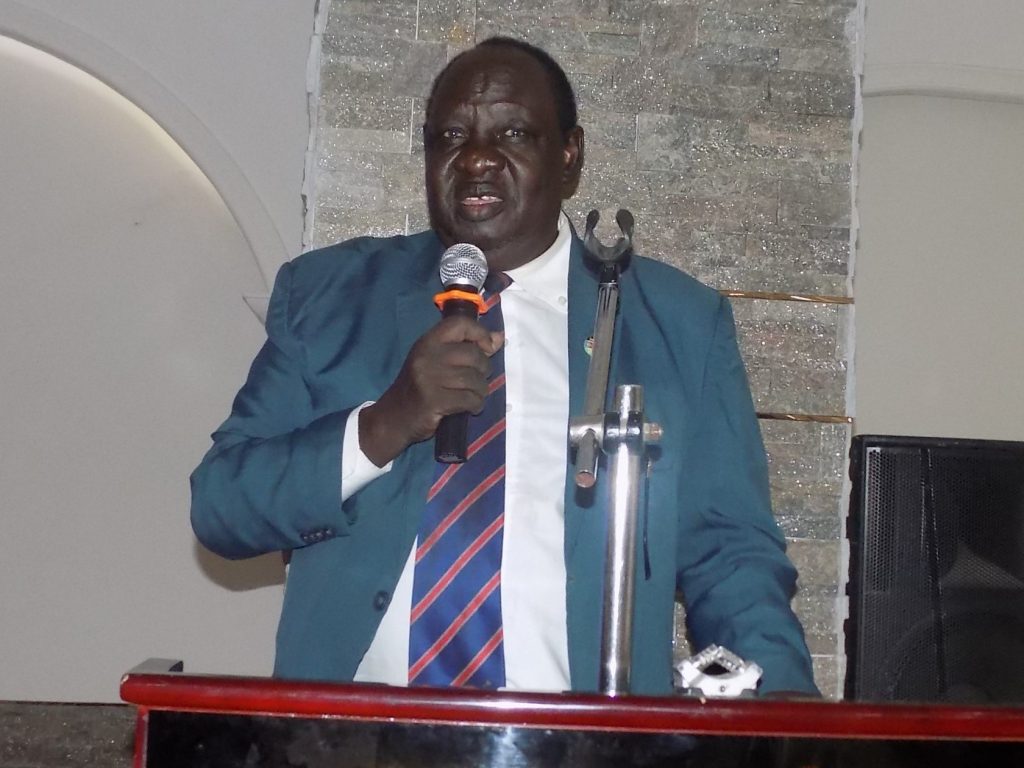
By Taban Henry
The Ministry of Justice is to establish mobile courts in the Internally Displaced Persons (IDPs) camps to ease access to justice for everybody.
This was agreed at the end of a two-day roundtable discussion between refugees and the Ministry of Justice on access to justice.
The roundtable discussion brought over 30 participants drawn from all the organs of the law enforcement agencies to design strategies on access to justice for IDPs and returnees with inputs from all the stakeholders.
Speaking during the closing session of the discussion, the Deputy Chief Justice John Gatwech Lul said for the Internally Displaced Persons to access justice, a mobile court has to be moved to the camps.
He said no court centers have been established in the IDPs camps but said they have been sending judges, police and prosecutors to try cases.
“We have made a decision that mobile courts have to be moved to the IDP camps more especially in places where there were no court centers. We have been sending judges to try cases in areas where there were no court centers. We have been sending the judges together with the police and the prosecutors, this has always been done in areas with no facilities for the judiciary, like court rooms,” the deputy chief Justice said.
Justice Gatwech said that shortage of judges has been identified as one of the factors that derail access to justice in the country.
He added that justice cannot be administered in the country with only less than 200 judges saying most of the judges have deserted their work looking for better lives.
“Lack of judges in South Sudan becomes one of the main problem affecting access to justice though salaries of the civil servants have been increased by 100%. Judges have deserted their work as they want to look for the green pasture to cater for their families. The whole country can not only be administered by less than 200 judges,” he added.
Meanwhile a police officer Captain Lurit Jada hailed the UNHCR for the facilitation of the two days roundtable discussion saying they have benefited a lot from the discussions.
She mentioned that the discussion has clarified to her many things that she was not knowing adding that they also raised some concerns for them to correct.
“I thank UNHCR for organizing this two days roundtable discussion. It has clarified to us other things that we did not know. We also gave our request to them to be corrected,” she said.
Capt. Lurit explained that the number of judges is limited saying there are 107 judges that cannot be enough to try cases in the whole of the country.
She said there are over 6 to 10 counties in each of the 10 States that cannot be managed by this number of judges.
“The number of judges in South Sudan is about 107 they cannot try cases across the ten States and the three Administrative Areas. The ten sSates have over six counties of which the 107 judges cannot serve,” Capt. Lurit explained.
The roundtable discussion was organized by the ministry of justice and constitutional affairs with support from the United Nations High Commission for Refugees (UNHCR).

